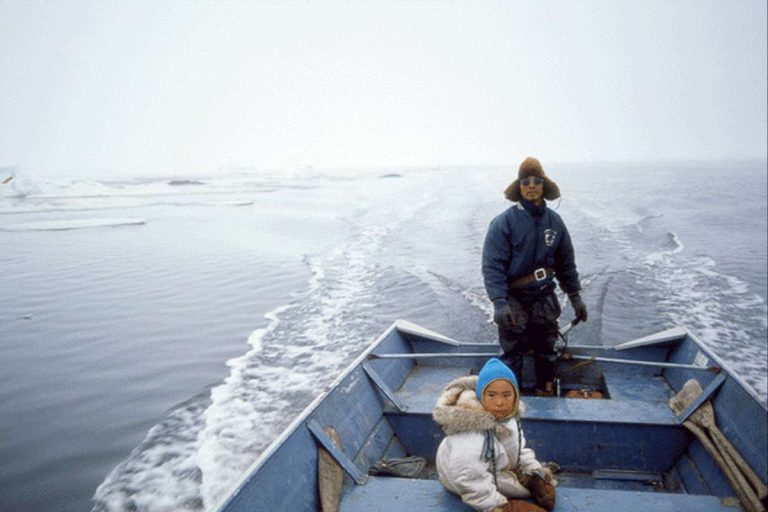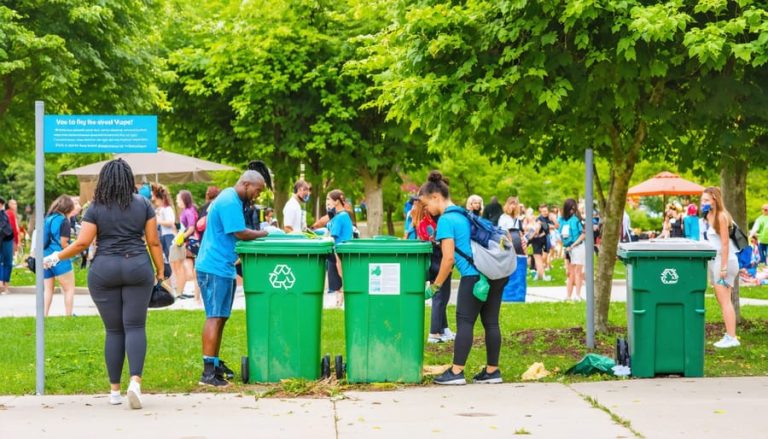Environmental education plays a crucial role in addressing the climate challenges we face today. As our planet continues to experience the impacts of climate change, it is essential for individuals to understand the issues at hand and how they can contribute to solutions.
This type of education not only raises awareness but also empowers people to take meaningful actions that can make a difference.
Understanding Climate Change
Climate change refers to significant and long-term changes in the Earth’s climate, particularly an increase in global temperatures. This phenomenon is primarily caused by human activities, such as burning fossil fuels, deforestation, and industrial processes, which release large amounts of greenhouse gases into the atmosphere.
These gases trap heat, leading to global warming and a host of related issues like melting ice caps, rising sea levels, and extreme weather events.
The Importance of Environmental Education
Environmental education provides individuals with the knowledge and skills they need to understand the causes and consequences of climate change. It goes beyond just presenting facts; it fosters critical thinking, problem-solving, and decision-making skills.
When people are well-informed, they are more likely to engage in behaviors that reduce their environmental impact and support policies aimed at mitigating climate change.
One of the key benefits of environmental education is raising awareness about climate change. Many people are still unaware of how their daily activities contribute to global warming or how they can reduce their carbon footprint.
Environmental education programs can reach people of all ages, from children in schools to adults in communities, helping to spread important information about sustainable practices.
Through environmental education, individuals also learn about sustainable practices that can help reduce greenhouse gas emissions. These practices include reducing energy consumption, recycling, using renewable energy sources, and supporting sustainable agriculture. When people understand the benefits of these practices, they are more likely to incorporate them into their daily lives.
Knowledge is power, and environmental education empowers individuals to take action. This can range from small changes in personal habits to larger initiatives, such as participating in community clean-up events, advocating for environmental policies, or even pursuing careers in environmental fields.
Education can inspire people to become active participants in the fight against climate change, rather than passive observers.
Environmental education also plays a role in building resilient communities that can better withstand the impacts of climate change.
By understanding the risks and vulnerabilities specific to their area, communities can develop strategies to adapt and mitigate these effects. This includes everything from improving infrastructure to planting trees and preserving local ecosystems.
And lastly, informed citizens are more likely to support and advocate for policies that address climate change. Environmental education helps people understand the importance of regulations and initiatives aimed at reducing carbon emissions, protecting natural resources, and promoting sustainable development.
This support is crucial for implementing effective climate policies at local, national, and global levels.
The Bottom Line
The role of environmental education in addressing climate challenges cannot be overstated. By raising awareness, encouraging sustainable practices, empowering action, building resilient communities, and supporting policy changes, environmental education equips individuals with the tools they need to contribute to a healthier planet.
As we face the growing threat of climate change, investing in environmental education is an essential step towards creating a sustainable future for generations to come.








+ There are no comments
Add yours